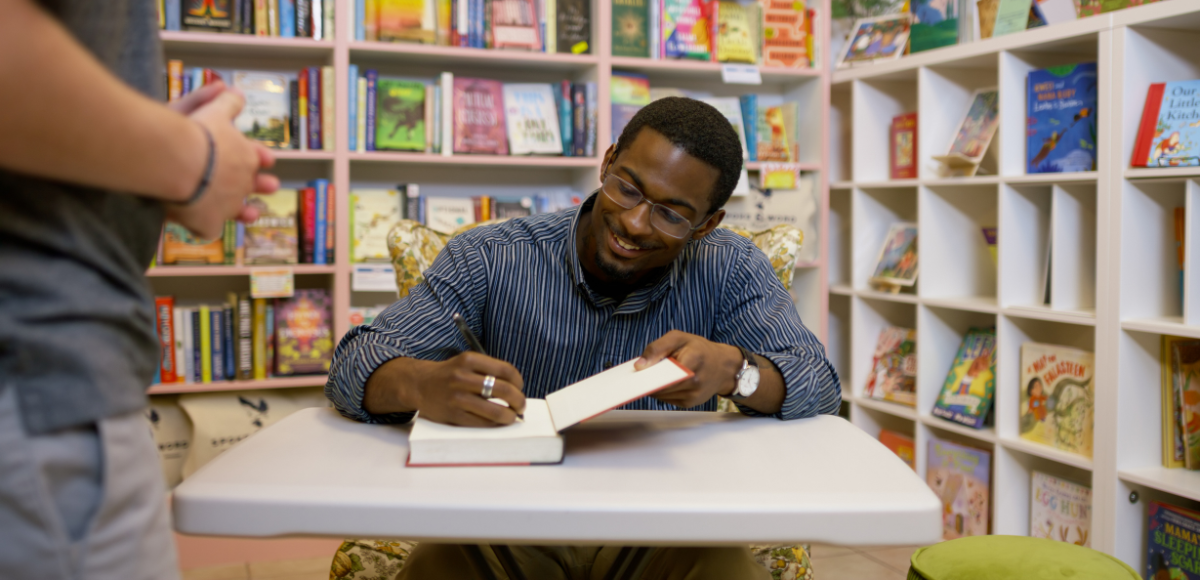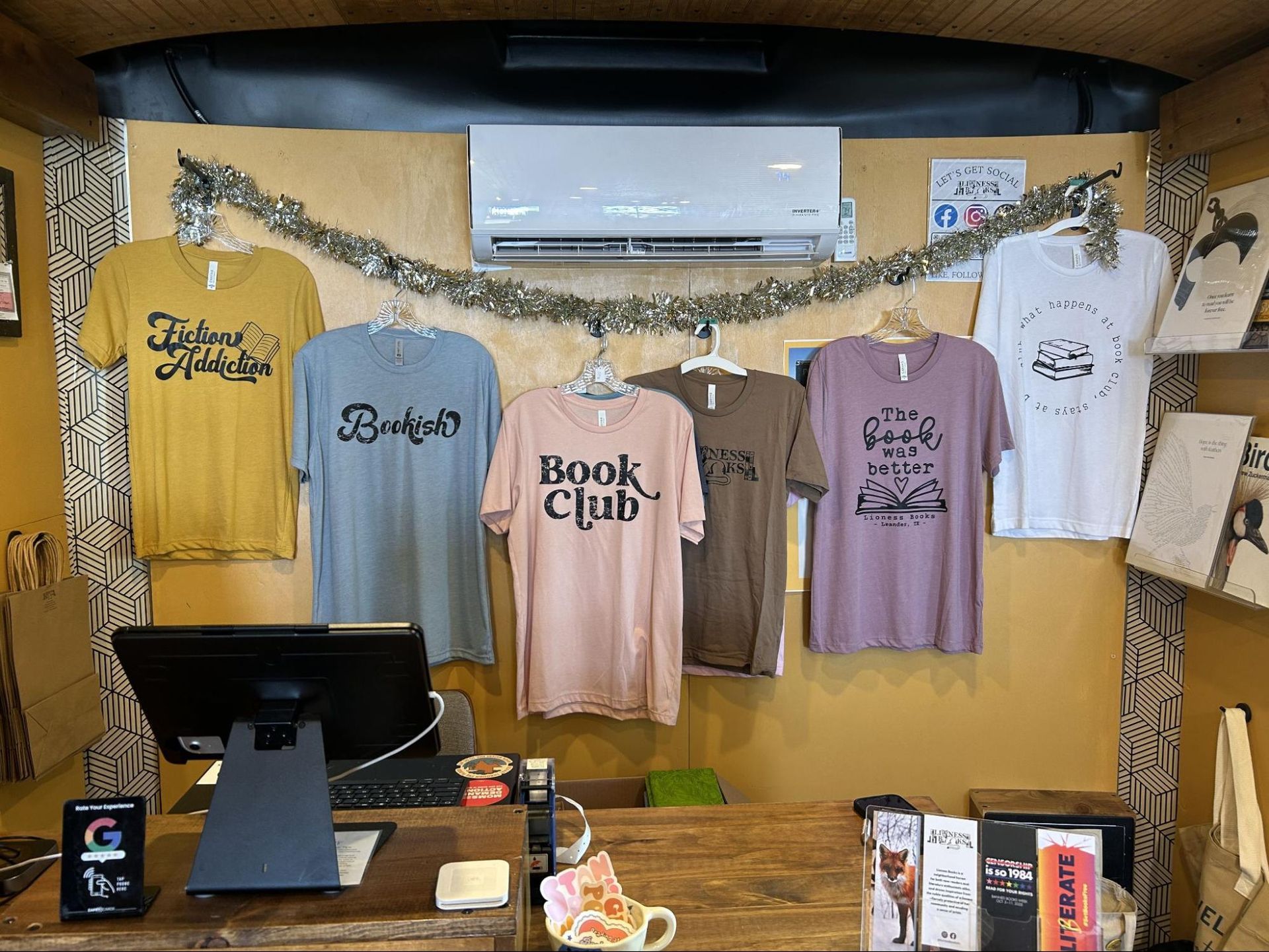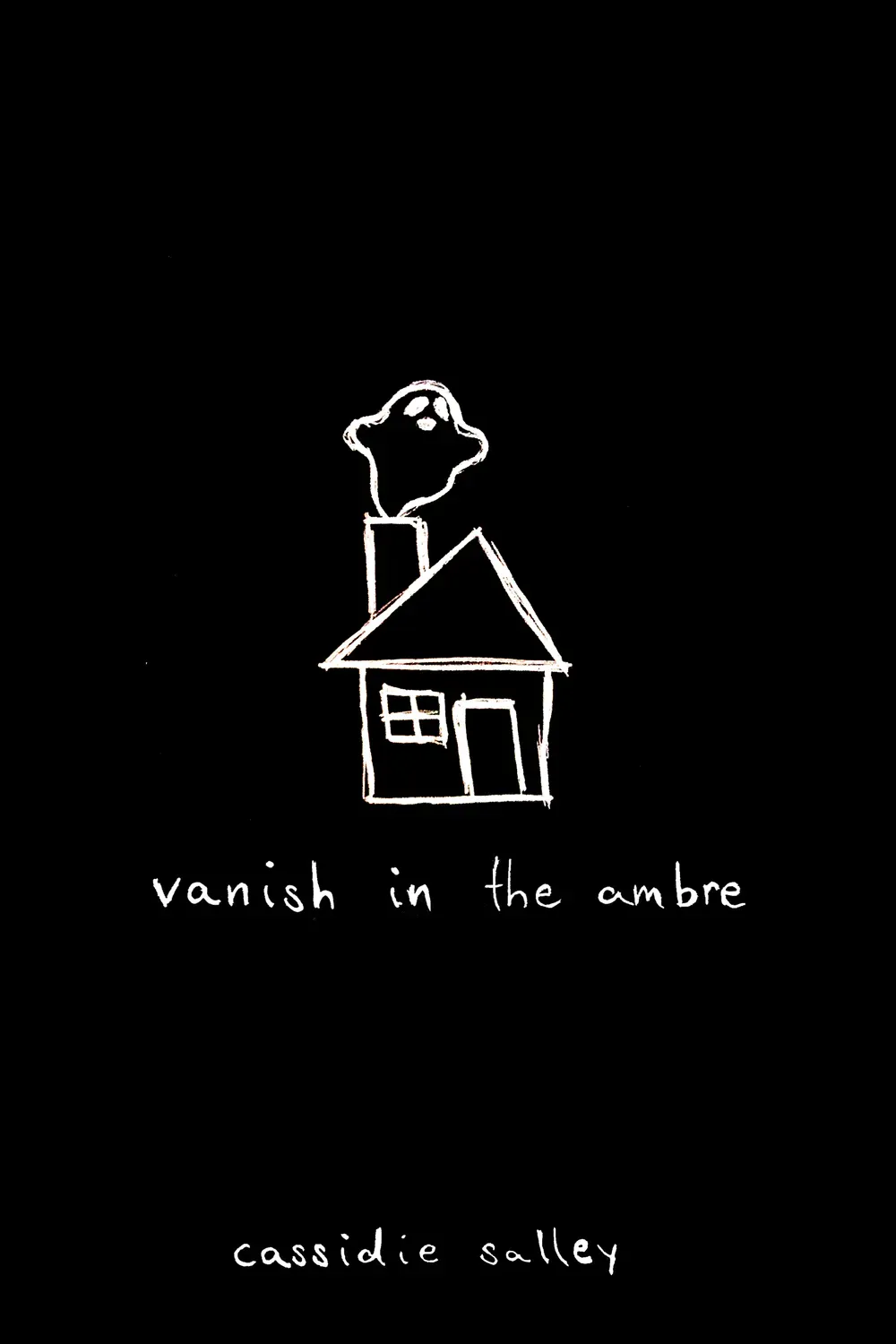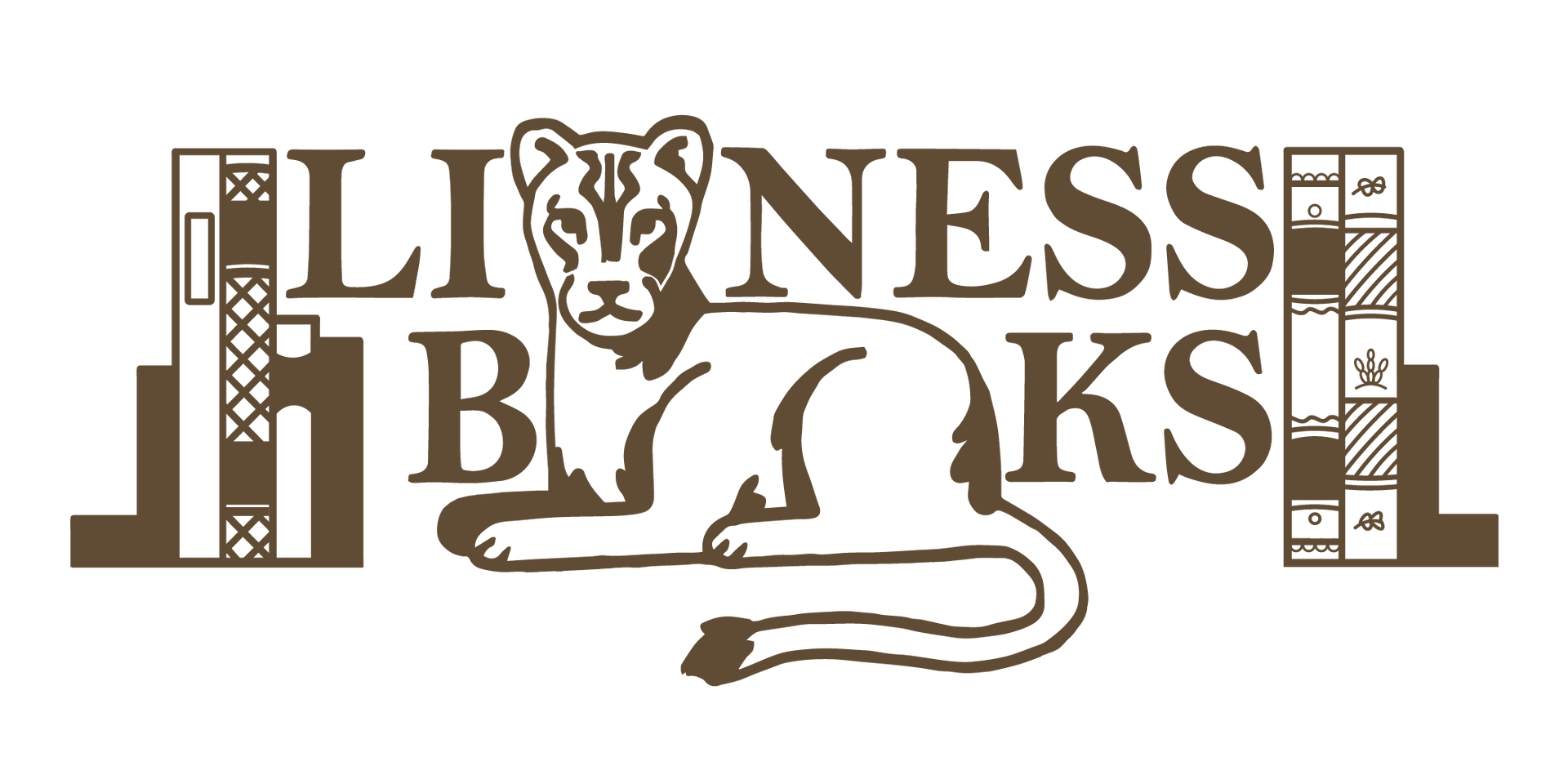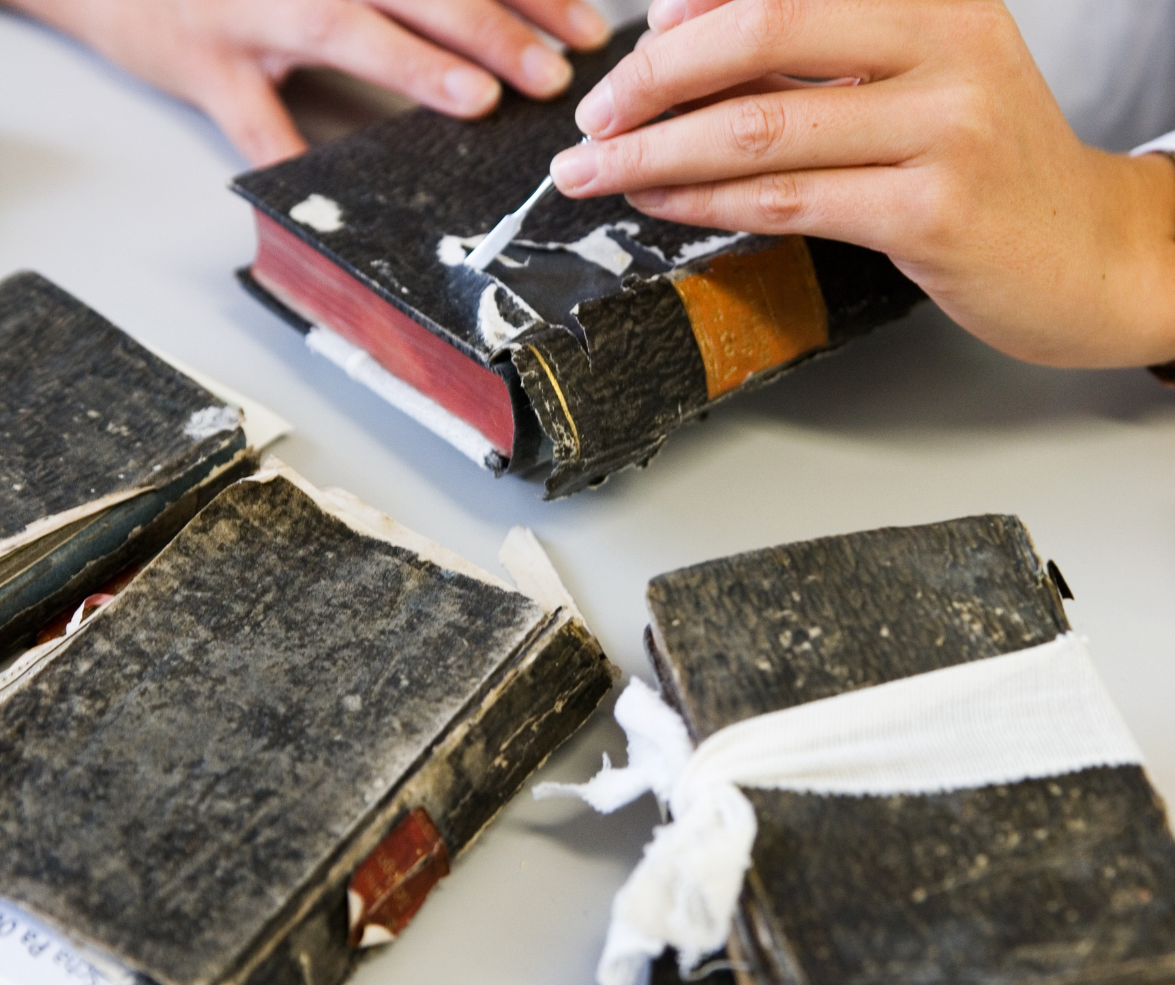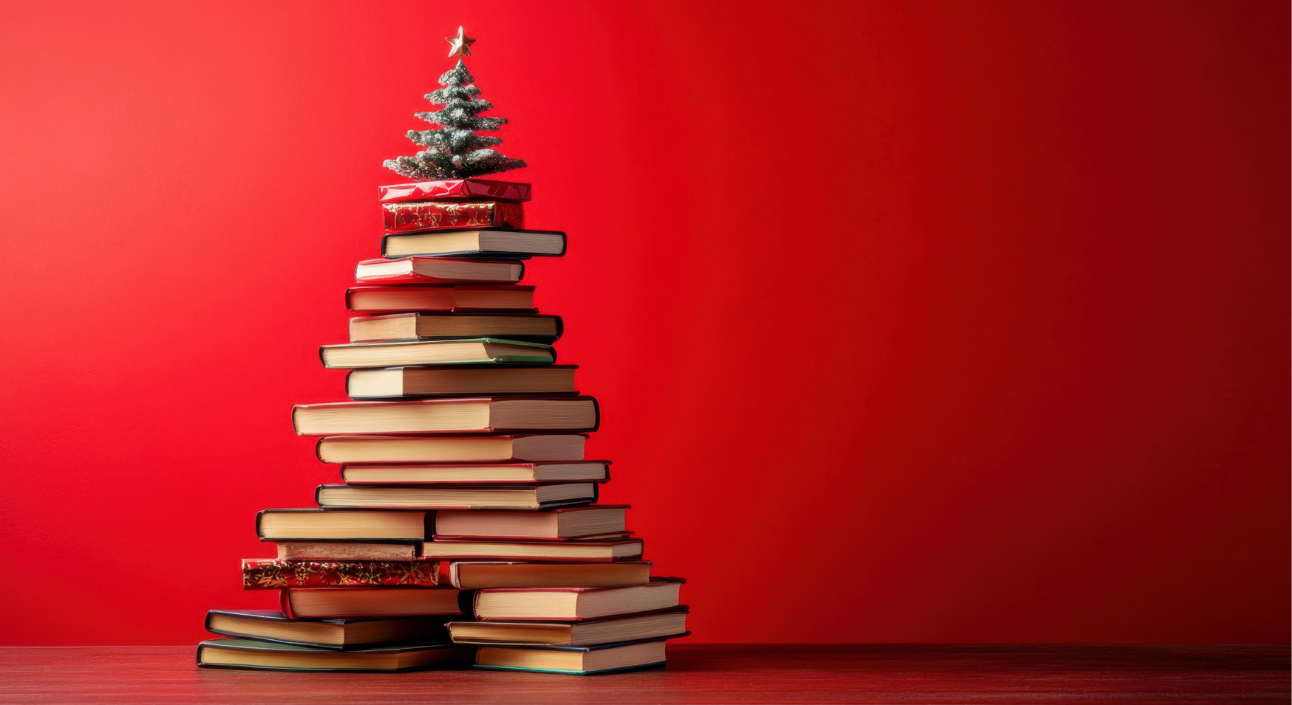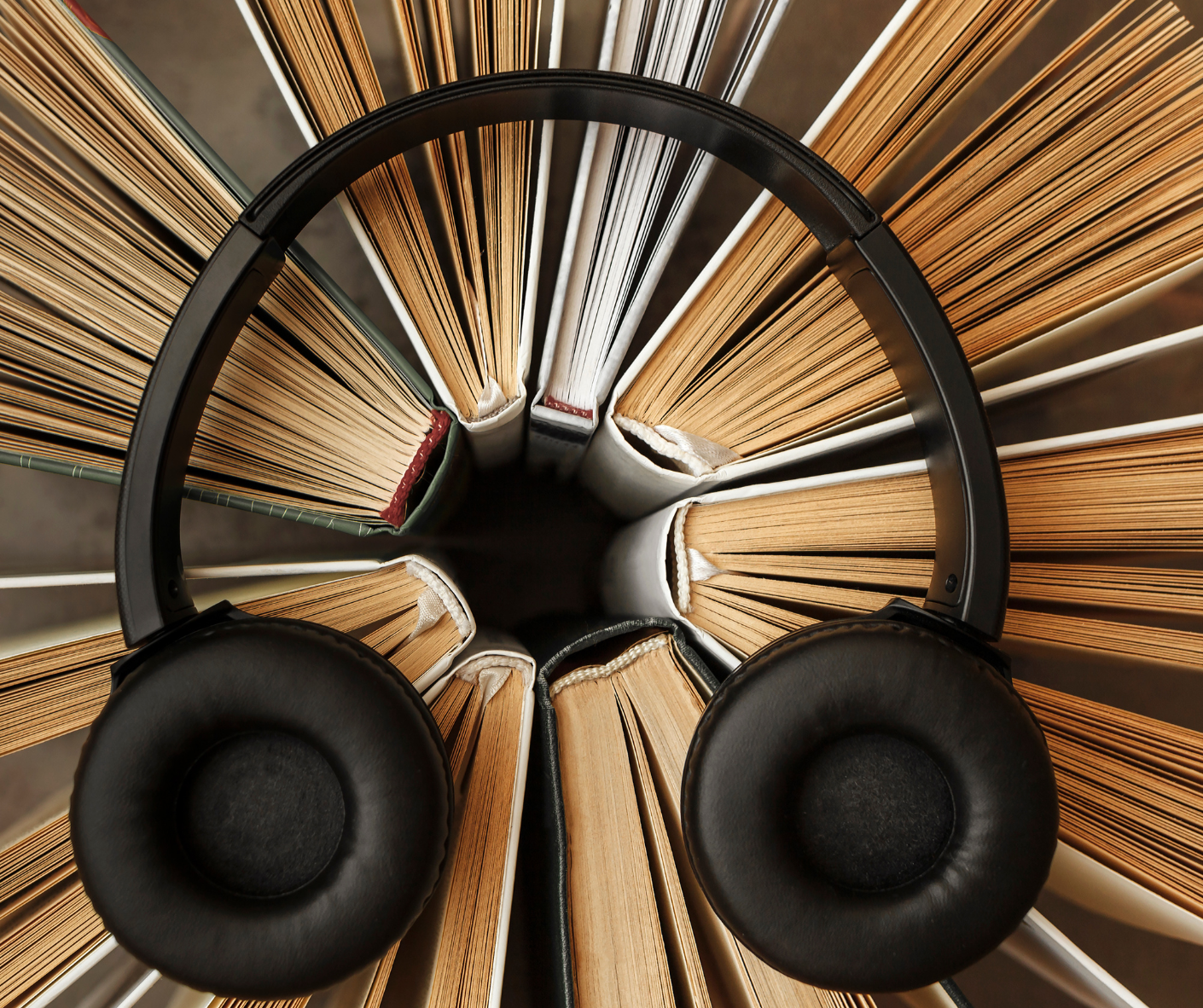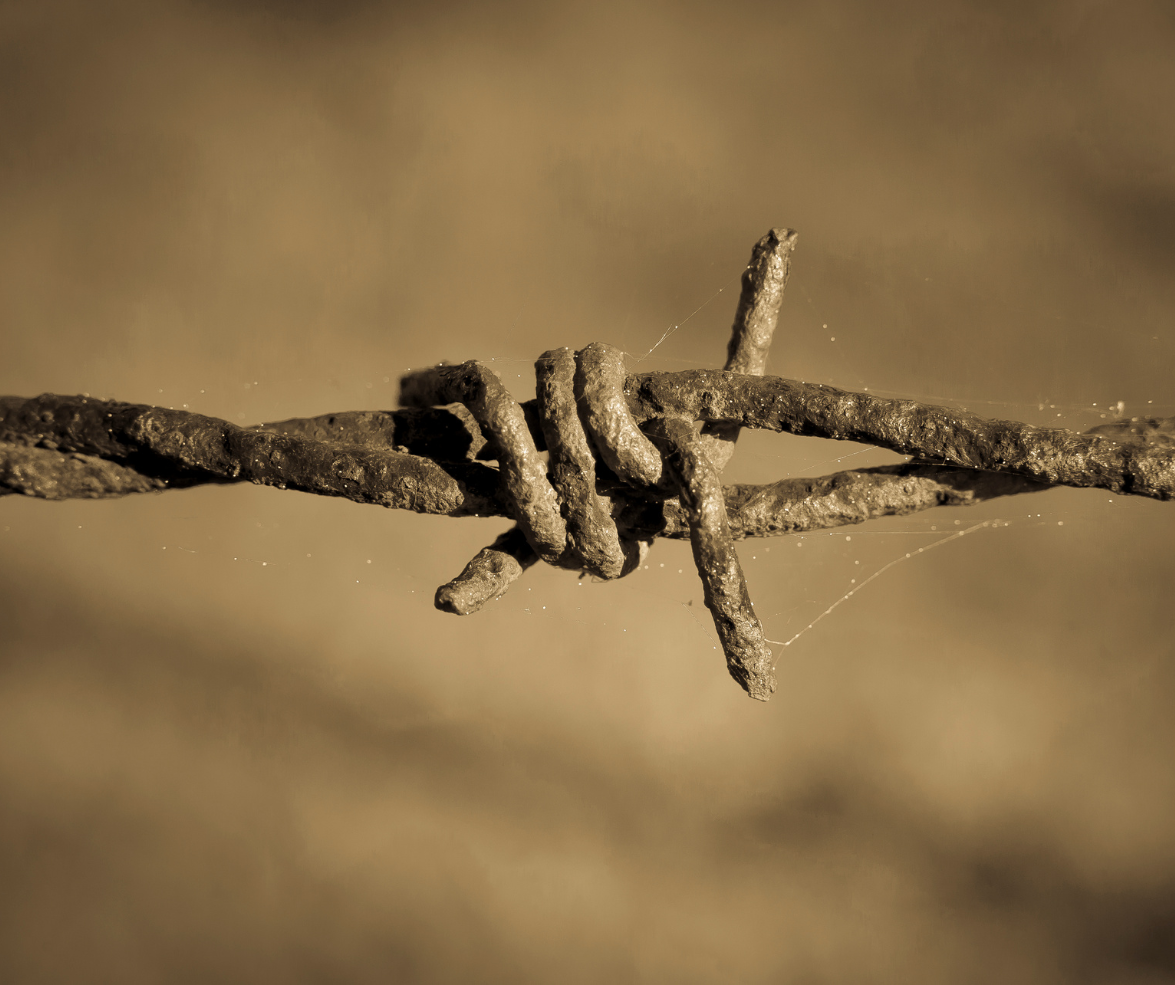Sometimes, one idea is enough to change everything. A few pages from the right book can show you a better way to deal with stress, help you break a bad habit, or give you the push you need to start something new. That's why self-help books have become such a valuable resource for individuals seeking to grow and improve.
And clearly, more people are turning to them. The self-improvement industry is expected to reach $54 billion by 2025, with books remaining one of its most trusted and accessible tools for change.
If you're curious about the impact of life-changing books, the list below is a great place to start. These 10 self-help books have helped millions of readers, and one of them is what you need right now.
Practicing What You Read From Recommended Self-Help Books
Reading self-help books can feel motivating in the moment, but real growth happens when you apply what you read. It's not about getting through as many books as possible. It's about taking the time to try the ideas out in real life.
Behavioral science backs this up. Studies show that people experience more personal growth when they combine reading with action, such as keeping a journal, setting goals, or tracking daily habits, compared to reading alone. In fact, research into neuroplasticity shows that our brains can physically change when we're exposed to new ways of thinking, especially when we practice those ideas consistently.
For example, a personal development book might suggest starting the day with intention. It sounds simple, but when you make it a daily habit, your brain begins to expect it. Over time, your thinking changes, and so does your behaviour.
Understanding Why The Best Self-Help Books Are Overrated
Not everyone is convinced that self-help books work, and that's fair. What resonates with one reader may seem obvious or unhelpful to another. That's because many self-help books repeat the same ideas: build habits, think positively, set goals. But repetition isn't a flaw; it's part of the design. Repetition helps form new habits, especially when you're trying to change long-standing behaviours. The goal is to help you actually do it.
Even when looking at themost important self-help books of all time, results vary. A global study found that while millions read some titles, their impact often depends on how readers engage with the material. Reading passively won't lead to much. But when people reflect, take notes, or apply the tools, they're more likely to see results.
10 Must-Read Self-Help Books Could Actually Change Your Life
There's no one-size-fits-all approach to personal growth, but these books offer clear ideas you can try in everyday life. Whether you want to build better habits, rethink how you handle stress, or boost your confidence, these titles have helped millions achieve the same. Here are some of the best and recommended self-help books:
1.Atomic Habits by James Clear
James Clear demonstrates how to implement small changes in your daily routine that yield long-term results. He explains the habit loop, which consists of cue, craving, response, reward, and provides clear strategies, such as habit stacking and environment design. You will learn how to stop doing bad things by replacing them with better ones that align with your goals.
2.Think Like a Monk by Jay Shetty
Jay Shetty draws on his time living as a monk to teach mental clarity, gratitude, and purpose. He breaks down practical tools, such as breathwork, journaling, and intention setting, to help you manage stress and build focus. The book offers a step-by-step approach to shifting from distraction to direction.
3.You Are a Badass by Jen Sincero
Jen Sincero helps readers recognize self-doubt and stop letting fear hold them back. She combines personal stories with practical advice on money, relationships, and mindset to encourage readers to take action. You'll find exercises and affirmations designed to help you trust yourself and go after what you want.
4.The Subtle Art of Not Giving a F*ck by Mark Manson
The book argues that life's struggles are necessary and demonstrates how choosing what to care about provides freedom. Mark Manson challenges the notion that happiness stems from consistently staying positive. Through stories and examples, he teaches how to accept failure, set boundaries, and live by your values.
5.The Power of Habit by Charles Duhigg
Charles Duhigg explains how habits shape our personal lives, careers, and communities. Using case studies from companies and real people, he shows how to change behaviour by identifying the cue-routine-reward cycle. The book provides practical techniques for replacing unhealthy habits with healthier ones that foster long-term success.
6.Gritby Angela Duckworth
Angela Duckworth examines why talent alone doesn't guarantee success. She uses research and real-life examples to demonstrate that perseverance, which she refers to as grit, is the key to achieving long-term goals. The book outlines how to build grit through passion, practice, and purpose, even when progress feels slow.
7.Offline Humans by Natalie Alzate
Natalie Alzate explores the impact of screen time on mental health and social connection. She offers a guide for stepping away from endless scrolling and rebuilding real-world habits that bring joy and clarity. Through personal stories and practical tips, she helps readers reconnect with themselves and the people around them.
8.The Gifts of Imperfection by Brené Brown
Brené Brown invites readers to let go of who they think they should be and embrace who they are. She shares ten guideposts for living with courage, compassion, and connection, built on years of research in vulnerability and shame. The book encourages readers to live fully, even when life feels uncertain or messy.
9.The Mindful Way Workbook
The workbook provides an eight-week plan to reduce anxiety, depression, and emotional stress through mindfulness. It includes guided exercises, meditations, and reflection tools designed to help you become more aware of your thoughts and feelings. By following these steps, readers can develop daily habits that support mental clarity and calm.
10.Designing Your Life by Bill Burnett & Dave Evans
Bill Burnett and Dave Evans use design thinking principles to help readers build a life that feels meaningful and aligned with their values. They walk you through exercises to explore different career paths, test new ideas, and move forward with confidence. The book is practical, hands-on, and ideal for individuals who are stuck or unsure about what to do next.
Most Frequent Questions When Reading Self-Help Books
The best self-help books can spark curiosity and sometimes doubt, because they often make big promises with simple solutions. Some readers wonder how a single book can change deeply rooted habits or fix years of stress, anxiety, or self-doubt. Others worry that these books oversimplify complex problems or repeat the same ideas without considering individual circumstances.
Still, many people find real value in them, especially when they read with an open mind and take action on the parts that resonate with them. Here are answers to the most common questions readers ask:
1. Do self-help books work?
They can, but not independently. Self-help books work best when you treat them as a starting point, not a solution. They offer guidance, ideas, and strategies, but the impact depends on how willing you are to reflect, take action, and stay consistent.
2. Can books change your mindset?
They can. Reading new ideas helps your brain form new patterns through a process called neuroplasticity. Many self-help books are designed to challenge unhelpful thinking and introduce better ways to respond to everyday challenges.
3. What are good self-help books?
The best self-help books cater to your specific needs at the moment. Some focus on habits and behavior, such as Atomic Habits and The Power of Habit, while others, like The Mindful Way Workbook or The Gifts of Imperfection, explore mindset and emotional well-being. The best book is the one that helps you take the next step in your own growth.
4. When did self-help books become popular?
Self-help books gained popularity in the early 20th century as more people sought practical advice on personal growth and success. Their popularity grew rapidly alongside changes in psychology, education, and publishing, and they remain widely read today.
Are Self-Help Books Right For You?
If you're looking to grow, reflect, or make a change, big or small, then self-help books can be right for you. They won't solve everything overnight, but they can offer clarity when you feel stuck, tools when you feel lost, and a starting point when you're ready for more.
The most important thing is choosing a book that speaks to your current needs. Whether you're building new habits, shifting your mindset, or learning to manage your time and energy, the right book can help you take that first step.
You don't need to read them all. One is enough to move you forward.
You can find all 10 featured titles and more at
Lioness Books.
